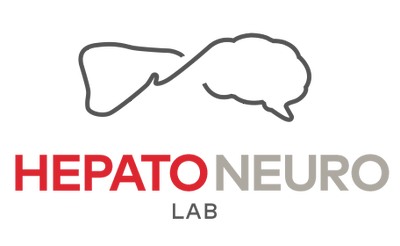



The liver is a vital organ playing many roles. It is involved in the digestion and absorption of food (bile secretion) and serves as a storage reservoir for many vitamins and minerals as well is a site of synthesis of nutrients. It secretes coagulation factors and circulating proteins (albumin). It has a role in immunity as well as in the metabolism of bilirubin (degradation's product of red blood cells) and drugs or the detoxification of toxins.
However, in the event of failure, the state of health deteriorates.
Acute liver failure is a rapid deterioration (within days and weeks) of liver function in a person who had no pre-existing liver disease. Acute liver failure, also known as fulminant hepatic failure, can cause serious complications including excessive bleeding and elevated pressure in the brain which require emergency hospitalization.
It's generally often due to intoxication by an hepatotoxin.
Drugs and toxins (acetaminophen, some mushrooms and various medications or drugs)
Viruses (mainly hepatitis B)
Cirrhosis is a late stage (over years) of chronic liver disease when scarring (severe fibrosis) develops.
Many causes could lead to detoriation of liver: